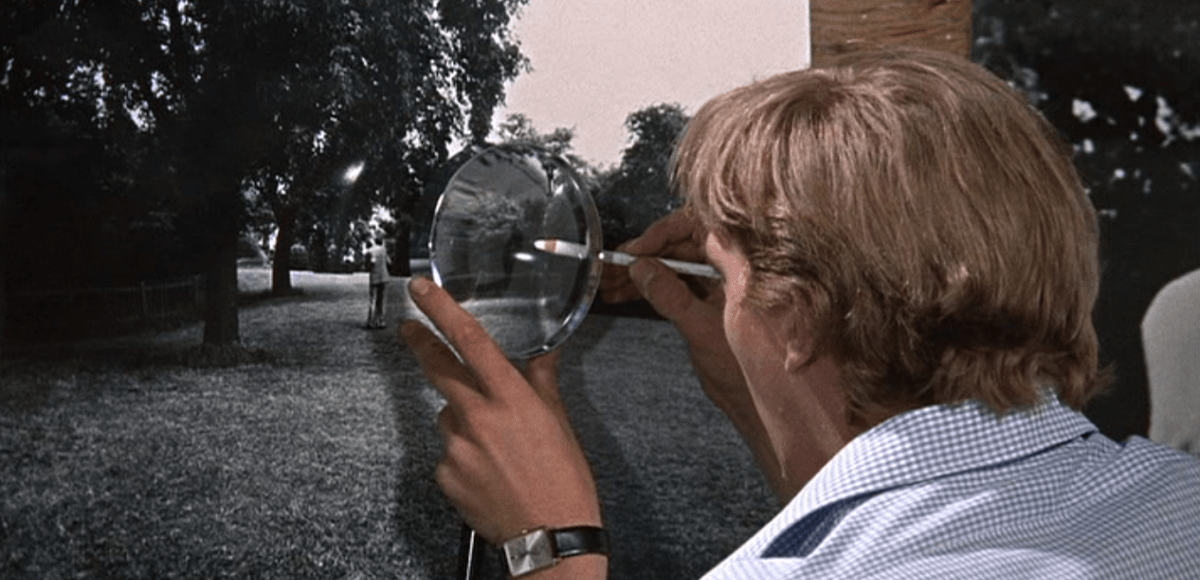
This course aims to familiarise students with historical and contemporary theoretical debates on the formal, social, cultural and political dimensions of films from both within and beyond the Hollywood studio system. Through weekly screenings and class discussions of key cinematic and theoretical texts, we shall aim to call into question both the apparently 'obvious' ways in which we talk about films, and the more recent historical primacy of Marxist, Psychoanalytic and Semiological approaches to film form, through a focus on:
[i] the assumptions underpinning such accounts, and the relative strengths and weaknesses of each;
[ii] various ways in which 'difference' and 'the new politics' have come to question theoretical projects which attempt to provide a transhistorical, totalising framework for film analysis;
[iii] developments in more local and specific accounts of film, especially in fields such as 'star studies' and ethnographic audience research that have emerged after theory's 'turn to history'.
The course is designed explicitly as a 'tool kit' approach to the critical understanding of film in general, rather than a series of 'close readings' of 10 carefully selected films. Rather than jumping in an apparently disconnected way from one 'approach' to the next, the course is structured instead around a series of related keywords/concepts in contemporary film studies, so that a variety of approaches will be revisited on a more or less weekly basis; this should allow you to consolidate and develop your familiarity with the characteristic strengths and weaknesses of each in a variety of contexts of application.
Classes will involve detailed discussions of theoretical perspectives on sample clips from each week's viewing, as well as extracts from other films which may complicate such readings. Whilst studying the debates outlined above, then, you should also bear in mind that the classes function primarily as a space for you to develop your own ideas, through a process of constructively discussing and critiquing those of key authors and fellow students. The tutor will guide this discussion, prompting and facilitating your engagement with both primary and secondary source material, so as to enable you to move on to create your own distinctive intervention – whether as film maker, historian, critic, or theorist – in those broader debates.
By the end of the course, you will be equipped with:
[i] a solid grounding in the techniques and methodologies of film analysis as a historicized discourse;
[ii] the ability to identify specific approaches, and to outline critically both their advantages for the film analyst and the problems they entail in various fields of analysis;
[iii] a creative awareness of potential alternatives and future directions;
[iv] a critical reflection to inform both further study of film and approaches to film making practice.
- Module Supervisor: Daniel O'Brien